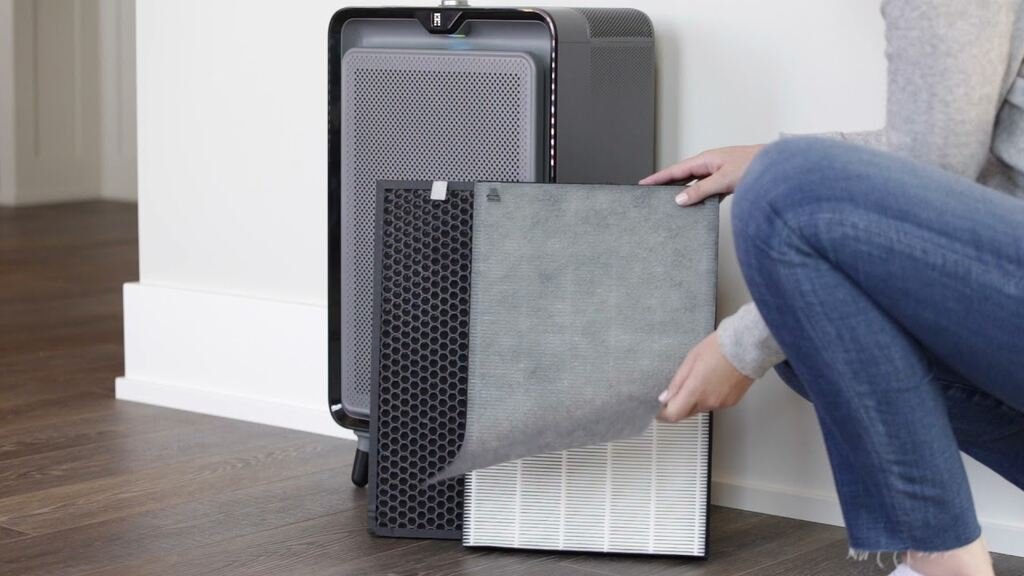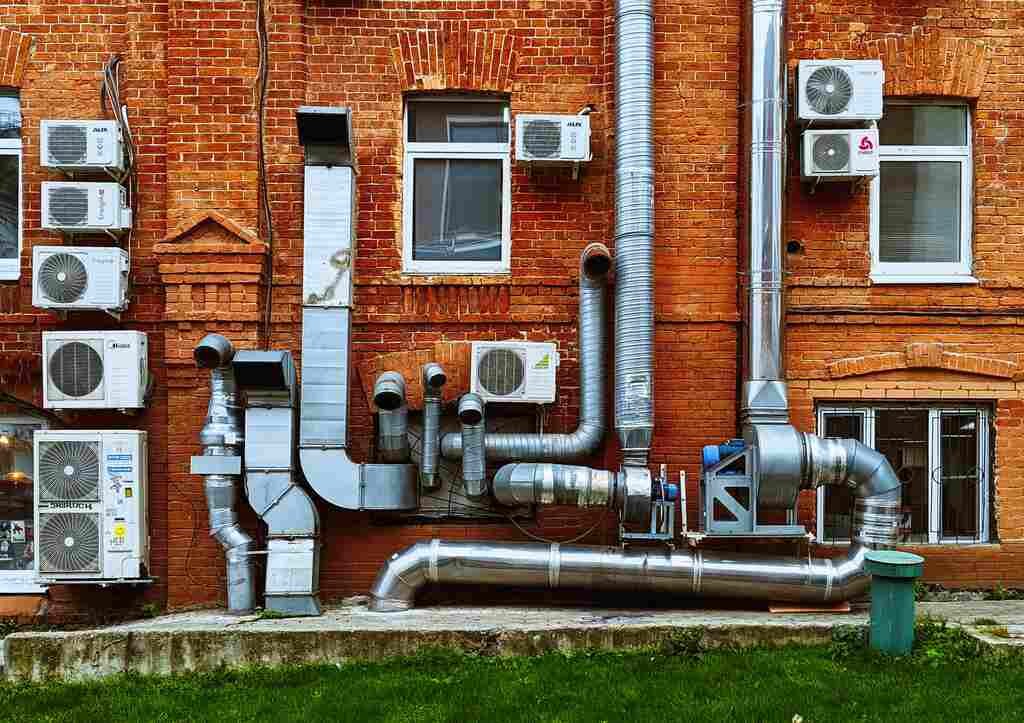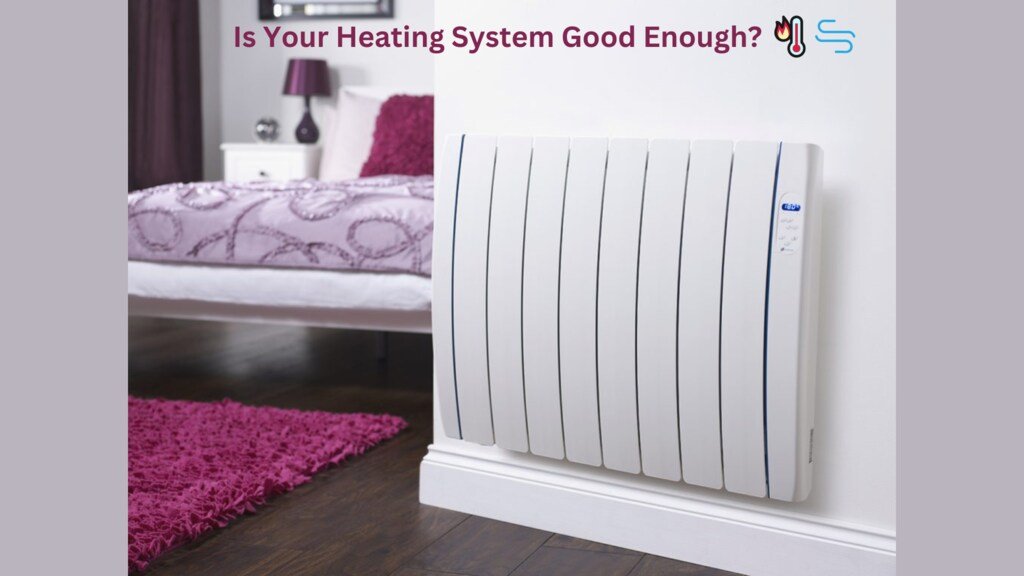If you want to change the air filter in your furnace, you might find yourself at a crossroads: should you upgrade to a more expensive model or remain with the less expensive disposable filters? According to FilterKing, particles with a diameter of fewer than 0.3 microns can be caught by a high-efficiency filter almost entirely.
These filters’ minimum efficiency reporting value (MERV) will be higher than average, which is indicative of their more effective filtering capabilities for all sorts of contaminants such as pollen, bacteria, fumes, and viruses.
The MERV scale for filters has values between 1 and 16. The higher the filter’s MERV, the smaller the particles it can take in. When it comes to high-efficiency filters, you might come across the term: “synthetic materials with pleats.” In order to collect more particles, the presence of these pleats is necessary as they create a larger surface area. But there are many other things you should know about high-efficiency air filters:
Benefits of High-Efficiency Air Filters
Family members sensitive to asthma, allergens, and other airborne particles may benefit from higher-efficiency air filters, which are a cost-effective way to help improve indoor air quality. Additionally, air filters contribute to the cleanliness of your furnace’s heat exchangers and coils, which may extend its lifespan and improve its efficiency. Some of the benefits of high-efficiency air filters include, but are not limited to:
Improved indoor air quality & better respiratory health
High-efficiency air filters can help reduce the number of irritants and allergens circulating in your indoor air, improving respiratory health. This is especially important for your family members that may suffer from allergies, asthma, or other respiratory conditions. With cleaner air, they may experience fewer symptoms and breathing difficulties.
High-efficiency air filters can remove up to 99% of airborne particles. This can include pollen, dust, and mold spores. Indoor air quality improved if you get rid of these airborne particles. Also, it reduces the health problems risks due to poor air quality.
By reducing the amount of airborne particles, high-efficiency air filters can improve the overall comfort of your home or office. This means less dust and allergens floating around, resulting in fewer issues such as sneezing, sniffles, and itchy eyes. Everyone in your household will conduct their activities more efficiently due to the higher-quality airflow.
Greater energy efficiency
When your HVAC system’s air filters get used up, it will inevitably use more energy to function correctly. Higher-efficiency air filters can help your HVAC system work better by reducing the amount of energy needed to heat or cool your home or office. Since your HVAC system won’t struggle anymore to keep up the pace, you will have lower energy bills and reduce your carbon footprint.
Reduced maintenance costs and HVAC equipment protection
Good air filters are designed to capture airborne particles before they can clog the HVAC system, leading to reduced wear and tear on the system and a longer lifespan. As such, opting for higher-efficiency air filters can reduce maintenance costs over time.
These air filters protect many of your HVAC system’s vital components, such as the blower motor, evaporator coil, and air handler. When you keep these components clean and debris-free, you actively avoid expensive repairs or replacements.
Overall, high-efficiency air filters offer numerous benefits for your health and your HVAC system’s longevity. Investing in these filters allows you to enjoy cleaner air, better comfort, and you will enjoy having a more efficient home or office.
Why You Should Upgrade to a High-Efficiency HVAC Filter
Upgrading your ongoing heating, ventilation, and cooling (HVAC) air filter to a high-effectiveness channel could have a more significant effect than you might realize.
Based on US Environmental Protection Agency (EPA) report, the levels of pollutants in your home can be up to 500% higher than those outside. When the solution could be as simple as replacing the HVAC filter on your system, you should not continue to live with poor indoor air quality (IAQ).
High-efficiency HVAC filters go one step further than standard filters by catching more contaminants more effectively and preventing dust and debris from entering your system. You can bet at ease knowing that the air in your home is cleaner, which will let you perform other activities, from work to sports, more efficiently as well.
HVAC filters provide the most effective protection with a high minimum efficiency reporting value (MERV) ratings. A filter’s ability to catch small particles before they travel through your air increases with its MERV rating. High-efficiency particulate air (HEPA) filters, which have higher MERV ratings, can capture 99.97% of these minute particles. This can include tiny particles as small as 0.3 microns!
You might witness these types of air filters in various healthcare settings, including surgery rooms, inpatient hospitals, pharmaceutical manufacturing facilities, and others. In order to maintain a sterile environment for professionals and patients, these settings require effective air filtration and purification. Yet, high-efficiency filters can be used in both residential and commercial settings because they promote cleanliness and sanitation.
Final Words
It is also essential to remember that having an efficient air filter necessitates an exact fit. Any other way, an off-base size won’t fit and will make the channel quit working appropriately. Take your current air filter out and check the size printed on the frame to ensure it fits.
Recommended Posts:














